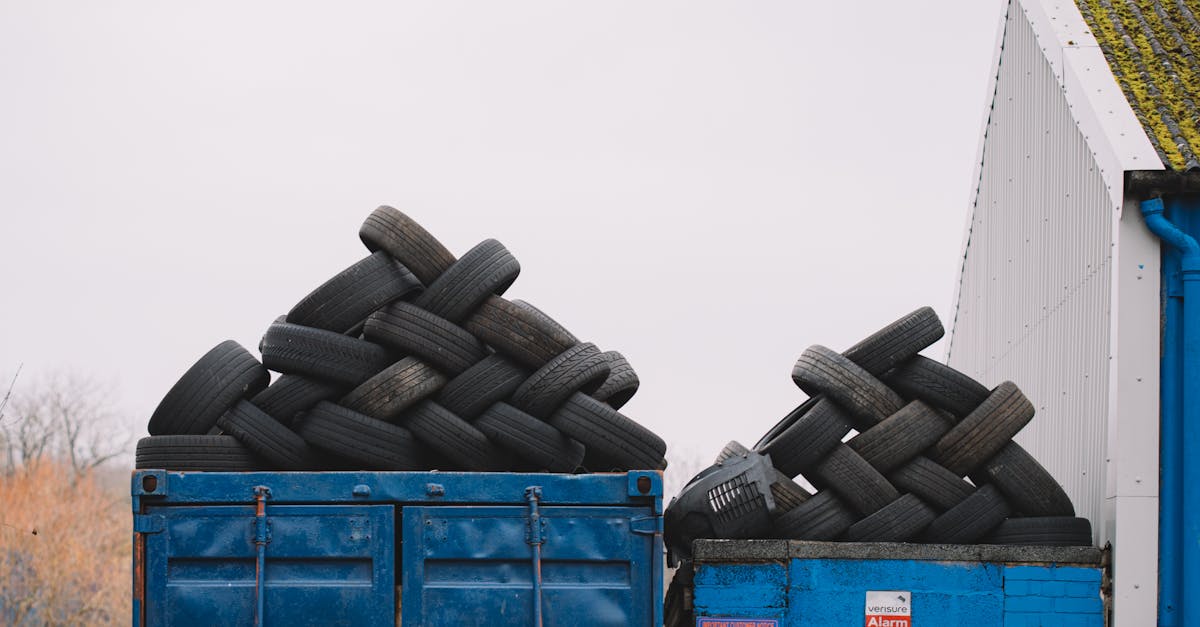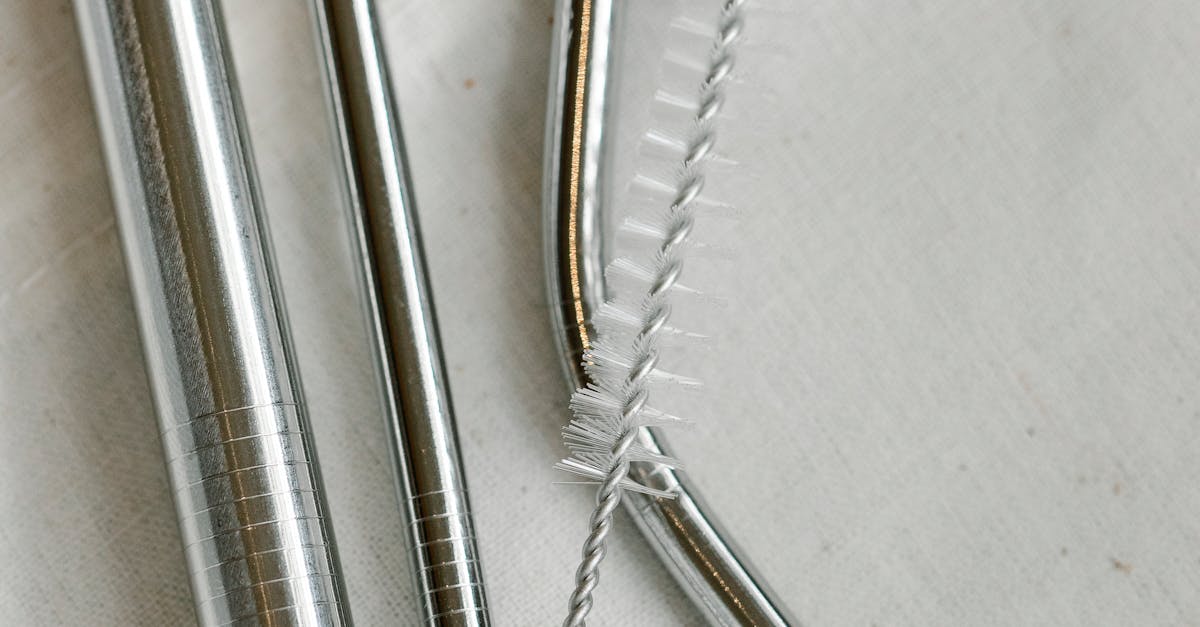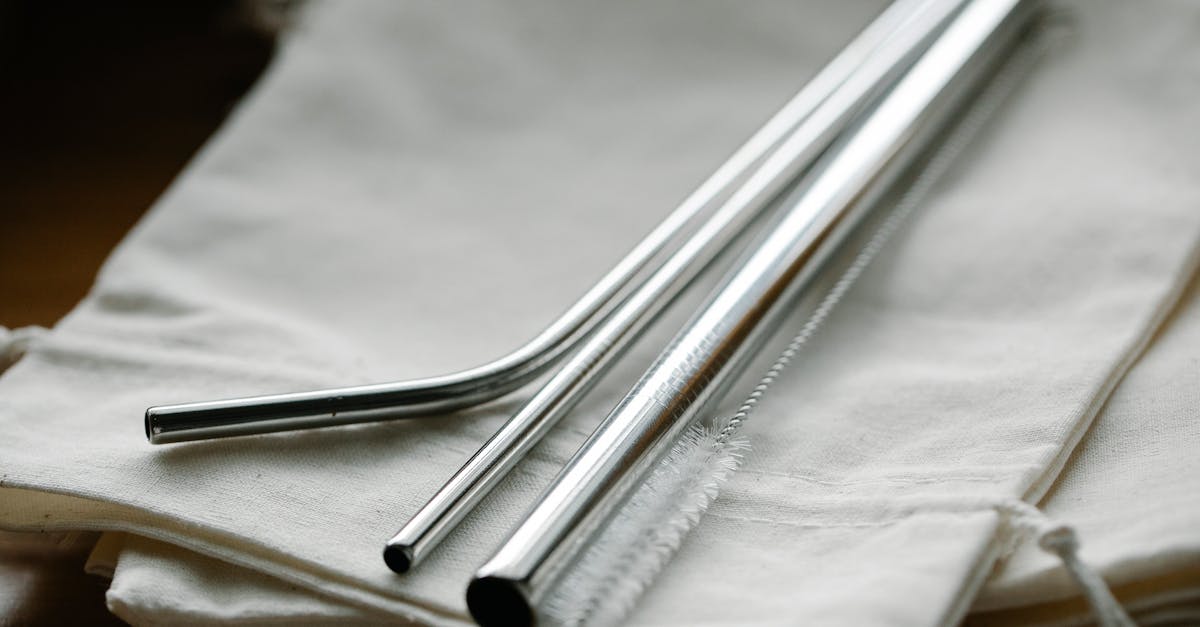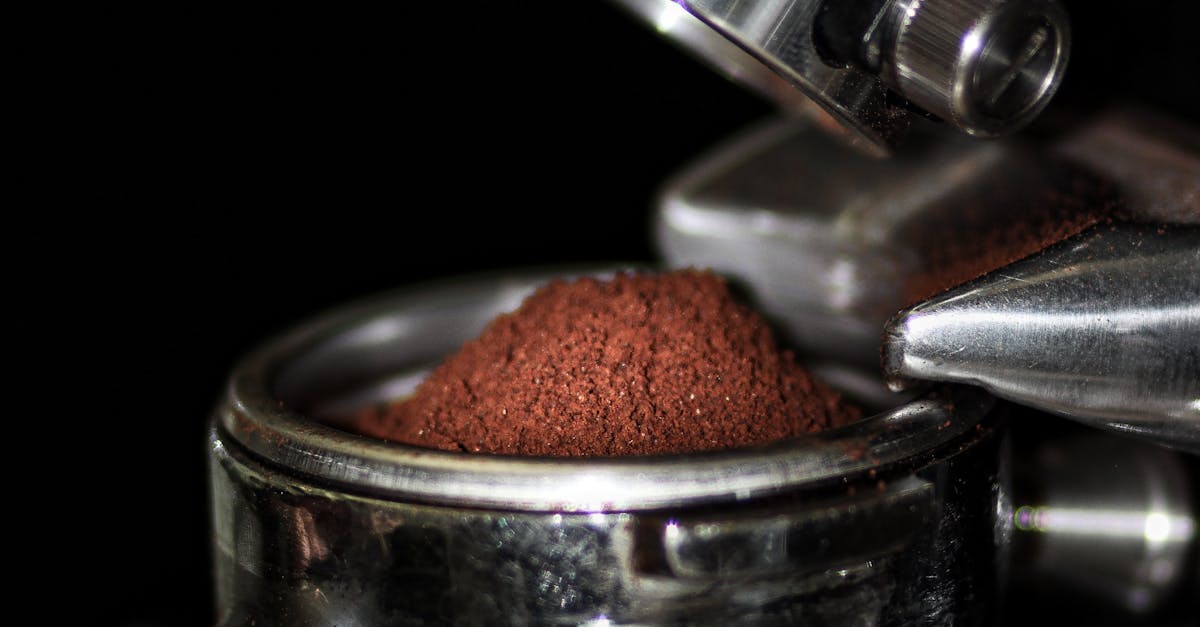
Table Of Contents
Use the Electric Range for Parts
When considering what to do with an old electric range that is no longer in working condition, one option is to repurpose it by using it for parts. This method is not only a sustainable approach but can also be cost-effective. By dismantling the electric range and salvaging components, you can potentially repair other appliances or engage in DIY projects. This practice aligns with the principles of Appliance Recycling, contributing to reducing electronic waste and promoting environmental sustainability. Instead of disposing of the entire appliance, utilizing its components can extend the lifespan of other devices or serve as spare parts for future repairs.
Furthermore, repurposing the old electric range for parts can be an educational experience. Taking apart the appliance and identifying different components can provide insight into how electric ranges function. It can also be a hands-on opportunity to learn about electrical circuits, heating elements, and other mechanical parts. Engaging in such activities not only promotes resourcefulness and creativity but also encourages a deeper understanding of appliance design and maintenance.
Salvage components for DIY projects or repair other appliances.
Salvaging components from an old electric range can be a practical way to repurpose its parts for various DIY projects or repair work on other home appliances. Many components within the electric range, such as knobs, heating elements, and wiring, can be valuable resources for those who enjoy tinkering and fixing things around the house. By carefully dismantling the range and extracting usable parts, you can expand your toolkit and have spare components on hand for future repair needs.
Appliance recycling is a growing trend that encourages individuals to find new uses for old appliances rather than letting them go to waste. By salvaging components from your old electric range, you not only reduce the amount of electronic waste being sent to landfills but also contribute to the culture of sustainability and resourcefulness. Whether you have a specific DIY project in mind or simply want to have spare parts available for potential appliance repairs, salvaging components from your old electric range can be a rewarding and environmentally friendly endeavor.
Offer the Electric Range to Friends or Family
If you find yourself with an old electric range that you no longer have a use for, consider offering it to friends or family before deciding to dispose of it. Reach out to your immediate circle and inquire if anyone is in need of a working electric range. This simple act can not only benefit someone you care about but also contribute to appliance recycling by extending the lifespan of the range.
Giving the electric range to someone you know can be a win-win situation where you declutter your space while providing a useful appliance to someone who needs it. The receiver might be in need of a secondary range for a rental property, a vacation home, or simply as a replacement for a malfunctioning one. By choosing this option, you are fostering a sustainable approach through Appliance Recycling and supporting a more eco-friendly way of handling unwanted appliances.
Inquire if anyone you know is in need of a working electric range.
When you find yourself with an old electric range that you no longer need, consider reaching out to your friends or family to see if anyone could benefit from having a working appliance. Simply asking if someone you know might be in need of an electric range can help declutter your space while also assisting someone who could make use of the appliance. This simple act can be a win-win situation for both parties involved. Furthermore, inquiring within your social circle can be a more sustainable option compared to disposing of the appliance irresponsibly, promoting the practice of Appliance Recycling.
By exploring the option of giving away your electric range to a friend or family member in need, you not only support sustainable practices through Appliance Recycling but also foster a sense of community and goodwill. Rather than discarding a still-functional appliance, passing it on to someone who can use it prolongs the lifespan of the item and prevents unnecessary waste from ending up in landfills. Additionally, this act of generosity may spark a positive chain reaction, encouraging others to consider alternatives to simply throwing away usable items.
Convert the Electric Range into a Storage Unit
If you find yourself with an old electric range that is no longer functioning and you are unsure what to do with it, consider converting it into a storage unit. This creative option not only repurposes the appliance but also provides you with additional organization space in your kitchen or beyond. By transforming your old electric range into a storage unit, you can give it a new life and prevent it from ending up in a landfill prematurely, promoting sustainable practices and responsible Appliance Recycling.
To convert your electric range into a storage unit, you can modify it to accommodate pots, pans, or other kitchen supplies. By removing the heating elements and any electrical components, you can create shelving or compartments suitable for storing a variety of items. This DIY project not only allows you to exercise your creativity but also helps you declutter your living space while keeping the appliance out of conventional waste streams. Appliance Recycling can take many forms, and repurposing your old electric range as a storage unit offers you a practical and eco-friendly solution.
Modify it to store pots, pans, or kitchen supplies.
One creative way to repurpose your old electric range is to transform it into a functional storage unit for your kitchen. By modifying the interior of the range, you can easily store pots, pans, and other kitchen supplies in a unique and space-saving manner. This innovative approach not only provides a sustainable solution for using your old appliance but also adds a touch of character to your kitchen decor.
Appliance recycling through converting your electric range into a storage unit is a practical and eco-friendly way to give new life to an otherwise discarded item. With a few adjustments and enhancements, you can breathe fresh functionality into your old range, allowing you to continue using it in a different capacity. By repurposing the appliance in this manner, you not only contribute to reducing waste but also add a touch of ingenuity to your living space.
FAQS
Can I recycle my old electric range?
Yes, you can recycle your old electric range at designated recycling centers or through programs offered by appliance manufacturers.
Is it possible to donate my old electric range to charity?
Yes, many charities accept donations of old appliances like electric ranges. Contact local organizations to inquire about their donation policies.
How can I safely dispose of my old electric range?
To safely dispose of your old electric range, contact your local waste management facility or recycling center for guidance on proper disposal methods.
Can I sell my old electric range for scrap metal?
Yes, you can sell your old electric range for scrap metal at metal recycling facilities. Be sure to remove any hazardous materials before selling it for scrap.
Are there any regulations I need to follow when getting rid of my old electric range?
Yes, it is important to follow local regulations when disposing of appliances like electric ranges to ensure proper handling of hazardous materials and to protect the environment.




